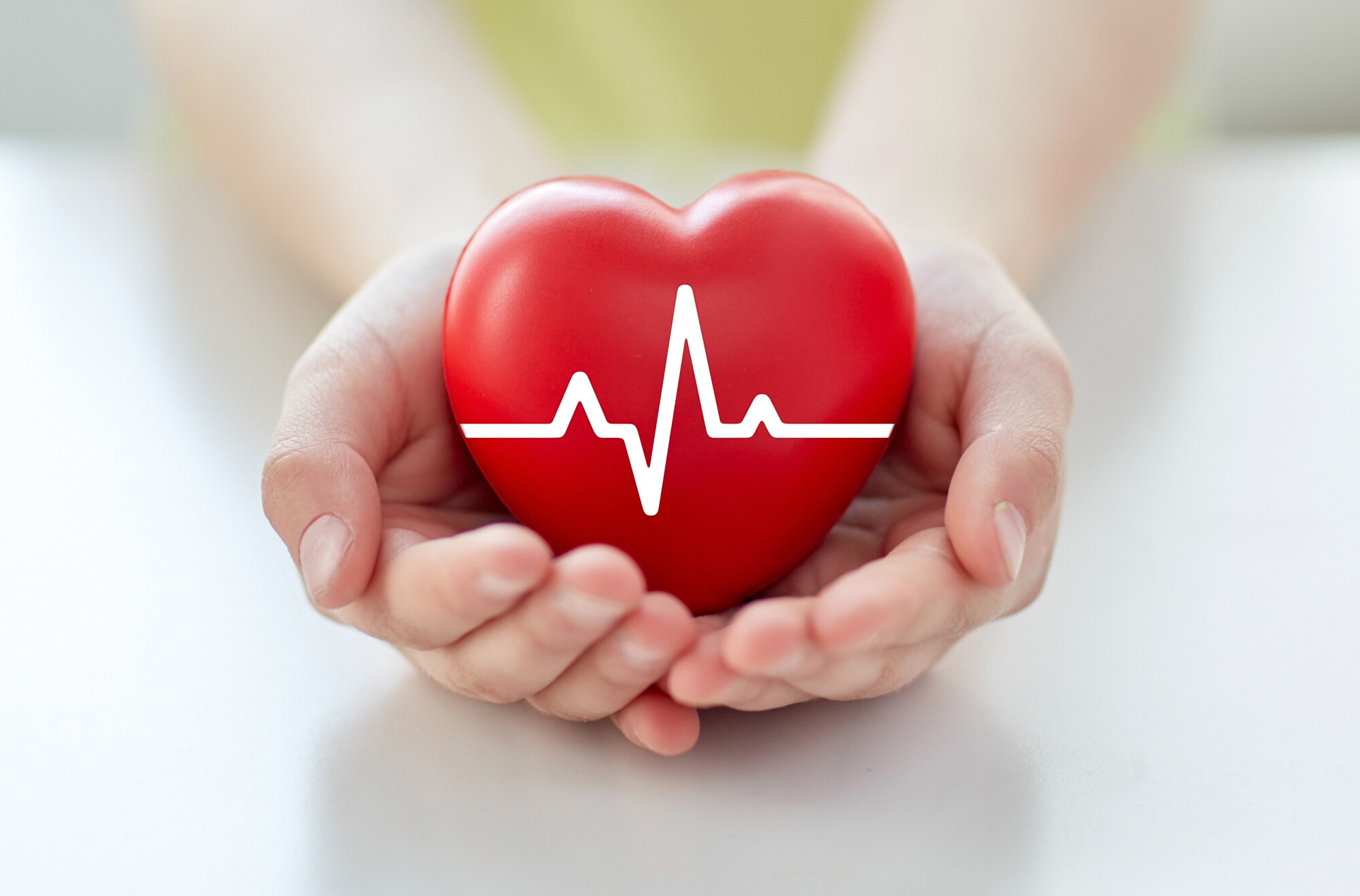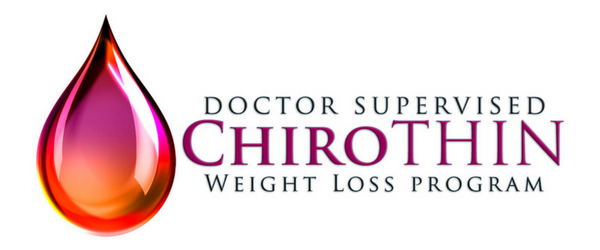
Cardiovascular disease kills one person every 34 seconds in the USA, reports the CDC. Think about that for a moment.
Cardio health data, medical innovations, and heart-healthy foods are at our fingertips. So why this chilling statistic?
High-stress levels, unhealthy diets, and idle lifestyles all affect your cardio health. Your heart can become more vulnerable with age, so it is wise to focus on your cardio health as soon as you can.
But how do you get started? What are some easy ways to boost your cardio health? Which ones can you start today?
We have a cardio health guide for you. Read on and get your blood flowing.
Make Your Cardio Health a Priority
First things first, you need to make a promise to yourself to focus on your heart health. Commit to it. You can start with small changes, then when you start to feel results, you will keep going.
Swap a fatty dessert for a healthy one. Take a walk after dinner instead of watching TV. Take up a low-impact group exercise class.
One method that works wonders is to tell a friend or partner about your plan. Externalizing your commitment helps keep you on track. Social expectations are super motivating, and true friends will help you succeed.
Keep a notebook of your progress. This can record your diet, daily activity levels, and even an estimation of your stress levels. How do you feel today compared to two weeks ago?
Practice Healthy Living
Lowering your stress levels is a key factor in cardio health. High levels of adrenaline, noradrenaline, and cortisol raise your blood pressure. If stress is part of your day, make time to relax, too!
Meditation, mindful breathing, and yoga are excellent ways to lower your stress levels. You will sleep better. Moderate exercises like jogging work too, but we’ll get to exercise a bit later.
It is well-established that cigarettes harm your cardio and holistic health. Powering through tough times to quit for good will be worth it. But at least try to cut down if you can; you will see results fast.
Studies have found alcohol in moderation, red wine, in particular, to be kind to your cardio health. Other studies found no impact at all. However, the consensus is that heavy drinking harms your health.
Eat Heart-Healthy Foods
You want to lower your levels of bad cholesterol, or low-density lipoprotein (LDL). This can raise your blood pressure, clog your blood vessels, and raise your heart disease risk.
Good cholesterol, or high-density lipoprotein (HDL), is the other side of the coin. HDL is good for heart health, and it can lower your LDL.
Go for monounsaturated and polyunsaturated fats. You can find these in things like tree nuts, seeds, olive oil, avocados, and fatty fish.
Avoid trans fats at all costs. You can find these in baked goods, cheap oils, and fried foods. Food labels are your friends, so read them before buying anything.
Salads, bright fruits, and plenty of vegetables should always be on your menu. Most heart-healthy foods are affordable. Some help you burn fat, too!
Get Regular Cardio Exercise
The American Heart Association (AHA) says you should aim for 150 minutes of moderate aerobic exercise each week. 75 minutes of vigorous exercise works, too. These are your baselines; try to build up from them.
Fast, intense, anaerobic moves use glucose to fuel them. Slower, steadier, aerobic moves use oxygen and stored energy. Both are beneficial, but for cardio health, aerobics are the ones you want.
Try the following moderate-intensity exercises: swimming, cycling, yoga, pilates, Zumba, brisk walking, light jogging, and skipping.
Swimming, cycling, pilates, and yoga are low-impact too. You will be kind to your knees and your heart.
For something more intense, try these: boxing, sprints, martial arts, interval training, burpees, rowing, and most fast-paced team sports.
Talk to your physician before trying intense exercise.
Pay Attention to Your Blood Pressure
You want to check that your blood pressure is optimal. Upper-arm blood pressure monitors are affordable and convenient. But for real insight into your cardio health, you need a medical assessment.
Systolic pressure refers to your blood pressure during each heartbeat. Diastolic refers to your blood pressure between heartbeats. You read blood pressure as systolic over diastolic: 120/80 mmHg, for example.
The AHA has a chart for blood pressure readings.
Normal is less than 120/80 mmHg. Hypertension stage 1 is 130-139/<80 mmHg. Hypertension stage 2 is 140>/90> mmHg. Anything over 180/120 mmHg is a hypertensive crisis, and you need immediate medical help.
Weight Loss Boosts Heart Health
Waistline size could predict heart attack risk better than body mass index (BMI). This was the conclusion of a study published in the Journal of the American Heart Association.
As if you needed more motivation to shed a few pounds!
Losing weight also reduces your risk of type 2 diabetes. Keeping your blood sugar steady helps you control stress and moderates your mood. All these things factor into your holistic heart health.
When you start to see results and feel great about your body, your well-being soars. This banishes feelings of depression, forming a full circle of whole-body health. Get started today!
Got Your Heart Pumping?
We hope you’re excited to boost your cardio health. Take small steps and you can start today. Make simple changes, and when you’re ready, build things up, beat by beat.
Our team at ChiroThin are experts in weight loss, cardio health, and nutrition. Our 6-week doctor-supervised program will help you reach your weight loss goals.
Your well-being is our priority, both during the program and after. We check your medical history, BMI, and cardio health to ensure you’re ready to get started. We can talk about your goals and how best to meet them
Are you ready to get started on the path to a healthier you? Click here to find a ChiroThin doctor in your area!
